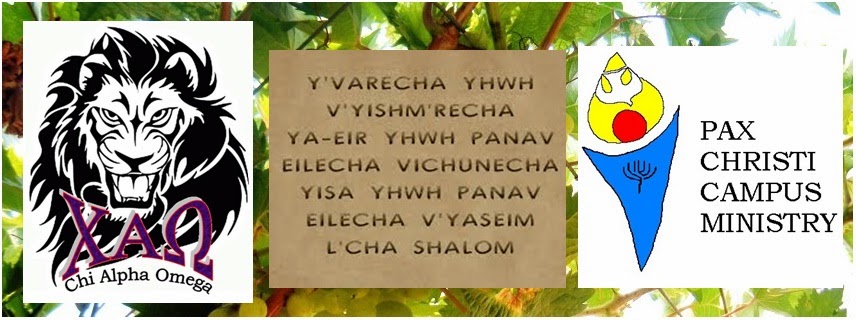(Deuteronomy 25:19)
Elul 10, 5777/September 1, 2017
"Therefore, it will be, when HaShem your G-d grants you respite from all your enemies around you in the land which HaShem, your G-d, gives to you as an inheritance to possess, that you shall obliterate the remembrance of Amalek from beneath the heavens. You shall not forget!" (Deuteronomy 25:19)
This week's Torah reading, Ki Teitzei, opens with war, ("When you go out to battle..." ibid 21:10) and concludes with the call to anihilate, militarily and spiritually, the iconic enemy of Israel, G-d, and humanity: Amalek. Between that call to battle and this call to battle parashat Ki Teitzei presents a tour de force of commandments, running the gamut from personal responsibilities, responsibilities to society at large, and responsibilities to G-d. Precisely against this vast array of commandments signifying who we are and our eternal bond to the G-d of Israel, the sombre commandment to obliterate Amalek stands out as a stark ultimatum. Particularly curious is the precondition stated that the war against Amalek will commence in earnest only after "HaShem your G-d grants you respite from all your enemies around you in the land which the HaShem, your G-d, gives to you as an inheritance to possess." Respite? Peace and quiet? Who wants to go to war when there is no one attacking you, trying to take your land, your livestock, your loved ones?


